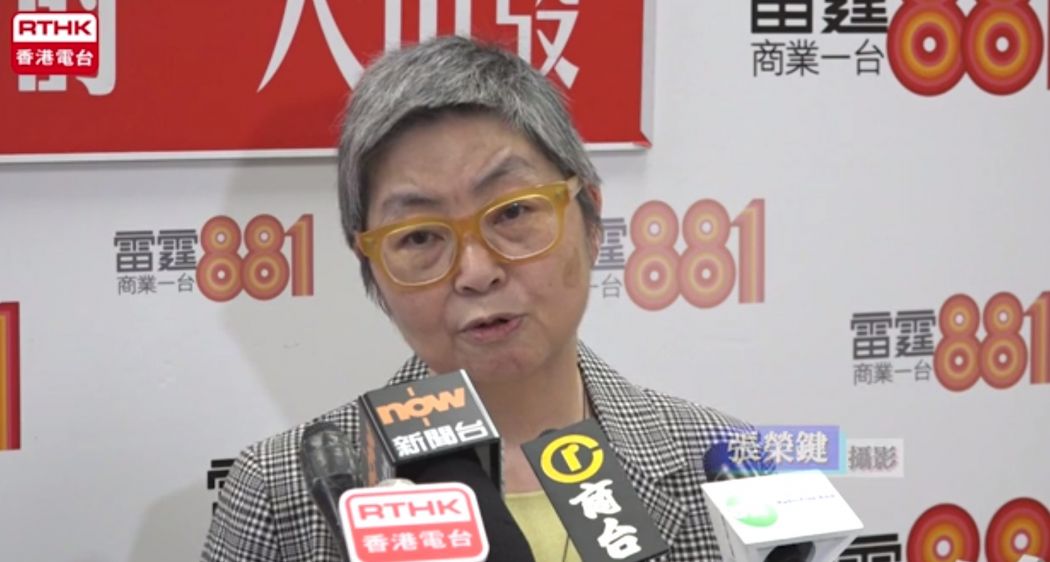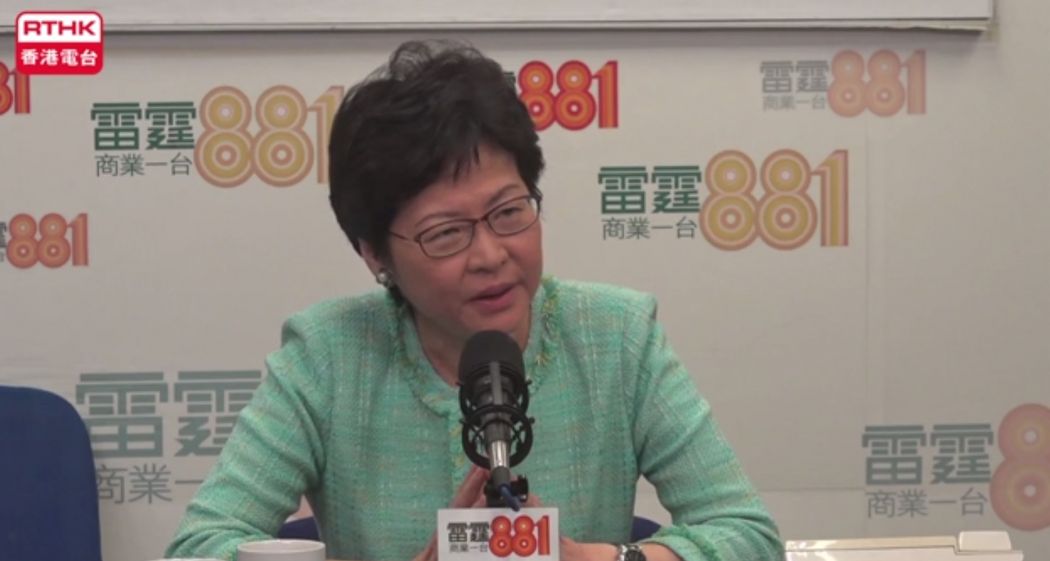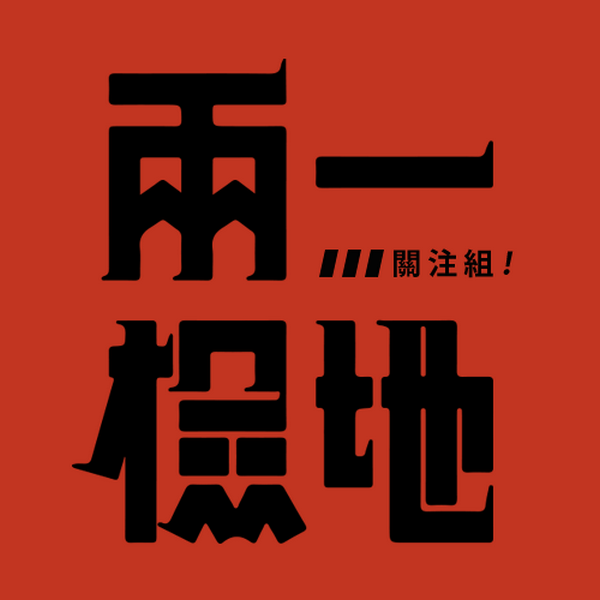Barrister and former lawmaker Margaret Ng has said that the joint checkpoint arrangement for the Guangzhou-Shenzhen-Hong Kong Express Rail Link is a concern for all Hongkongers, after Chief Executive Carrie Lam asked people to refrain from politicising the issue.

Last month, the government announced a controversial arrangement for the HK$84.4 billion rail project, which involves “leasing” land to China and effectively giving up Hong Kong jurisdiction across a quarter of the terminus.
During a Commercial Radio programme on Saturday, Chief Executive Carrie Lam said that discussions surrounding the joint checkpoint should return to the reality of the situation: “Society should not politicise or demonise this issue too much,” said Lam.
“At the time, Hong Kong saw that China was vastly expanding its network of high-speed railways,” she said. “If Hong Kong did not join the network, it would fall quickly behind.”
Lam said that an unnamed member of the legal sector had warned Hongkongers not to go near the station, for fear that they would be arrested and detained under mainland Chinese law.
“No regular person would say this, not to mention someone with extensive legal expertise… If you are so concerned, there are always alternative ways of getting into the mainland.”

Barrister and former pro-democracy lawmaker Ng had previously criticised the joint checkpoint arrangement for setting a precedent with the enforcement of mainland laws in Hong Kong. On Tuesday, she responded to Lam’s comments during a Commercial Radio programme:
“It’s not just mine, but everyone’s concern. [Bookseller] Lam Wing-kee does not have an extensive knowledge of the law — but he also said that he is afraid of walking near the station,” said Ng.
See also: Explainer: The controversial joint checkpoint arrangement for Hong Kong’s Express Rail Link
Lam is one of five Hong Kong publishers who vanished at the end of 2015, only to resurface in China. His bookstore published political gossip titles which are banned in the mainland.

“Hongkongers have always been wary of the mainland’s legal system, particularly with regards to enforcing public order and national security,” said Ng. “Look at the treatment of Liu Xia and Liu Xiaobo — it is chilling.”
Ng added that the newly announced joint checkpoint would be different from the immigration control area currently in operation at Shenzhen Bay Port. She said that, while the Shenzhen facility enforced Hong Kong laws outside of the city’s border, the Express Rail Link checkpoint would enforce mainland laws within Hong Kong’s jurisdiction.

In 2008, Ng – a pro-democracy lawmaker at the time – warned of the potential future implications of the Shenzhen checkpoint on Hong Kong.
Co-Location Concern Group
Ng is a member of the newly-formed Co-Location Concern Group, which comprises of pro-democracy lawmakers and academics. The group officially launched on Tuesday.
“Many Hongkongers do not know what the joint checkpoint arrangement will actually entail,” Ng said. “The first step is to inform the general public so that they will be able to come to their own conclusions about the matter.”
“The second step is to enable Hongkongers to understand that they have a choice to make… What is more important: the reduction of certain individuals’ commute by a few minutes, or life under the continued protection of Hong Kong – rather than mainland – laws?”

“When it comes down to it, I believe that Hongkongers will be able to tell right from wrong, and understand what is actually happening,” she said.
